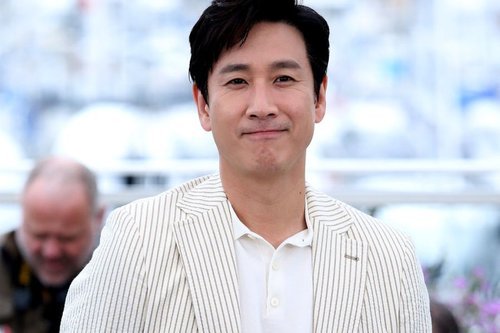Lee Sun-Kyun’s suicide: the pressures of South Korea’s entertainment industry and strict drug laws
Image courtesy of David Silpa/UPI
On the 27th of December 2023, the actor Lee Sun-Kyun was found dead in his car in South Korea. Renowned for his role in the Oscar-winning movie Parasite, the actor committed suicide, leaving behind his wife and children. While his death was a surprise, it is a marker of the pressures imposed by South Korea’s entertainment industry and the government.
Not long after Christmas, the public was devastated to hear the news. Lee took his life while being investigated for the illegal use of drugs with a hostess in a bar in Seoul. The police gave information on the details of his death, alleging he left a note at his home before leaving in his car. For the country, the news of this death came as a shock.
Unfortunately, Lee’s death is one of many in South Korea’s entertainment industry and beyond. Indeed, in the past few years, several actors and singers, famous domestically and internationally, have committed suicide due to pressures put on them in all aspects of their lives. The country's suicide rate is one of the highest in the world and mental health is a widespread issue that remains unaddressed by the South Korean government.
In the entertainment industry, public figures’ private lives can be exposed, and the pressures put on them to maintain a certain image are extremely high. For instance, members of K-pop groups often don’t have control over their diet or social media accounts. The way they are presented on camera is highly restricted and always under public scrutiny. Public figures have their lives articulated for them by their agencies, with little to no say in it themselves. The entertainment industry often objectifies famous individuals, insistent on the promotion of an unrealistic image celebrities must constantly keep up with.
In pursuit of the perfect image, members of the entertainment industry follow very strict codes of conduct, especially in relation to social norms regarding the use of drugs. In South Korea, illegal substances are very taboo, so their usage is often frowned upon by the population; and discovery of their consumption can ruin a career. Lee had constructed the perfect image of a family man, so the investigation of his potential drug use was shocking to his fan base.
Moreover, the unpopularity of illegal drugs in South Korea is supported by a strict zero-tolerance policy adopted by the government. Lee is not the first to be under investigation in the entertainment industry, but Korean authorities have been criticized for their methods of investigation, including their drawn-out interviews with suspects. Pressure is therefore compounded by both the police and the public, making investigations harder.
For people in the entertainment industry, the line between private and public life is blurry. They are caught between the restrictions imposed on them by their agents and the impossible standards enforced by the public, culminating in a disastrous impact on their self-perception and mental health. In the case of drug use, the justice performed is often more punitive than rehabilitative; which has a particularly negative impact on actors or singers who have to face the public while fighting their personal demons. Lee’s lawyer, Seongcheol Park, stated that the investigation process was publicly humiliating to deal with the police alongside public criticism, even though there was no proof of Lee’s guilt.
The lack of distinction between the private and public spheres in entertainment is detrimental for South Korea’s celebrities. Unfortunately, this only leads to declining mental health, with evident and potentially fatal consequences that prove a need for the country to destigmatise conversations surrounding mental health in the entertainment industry.

